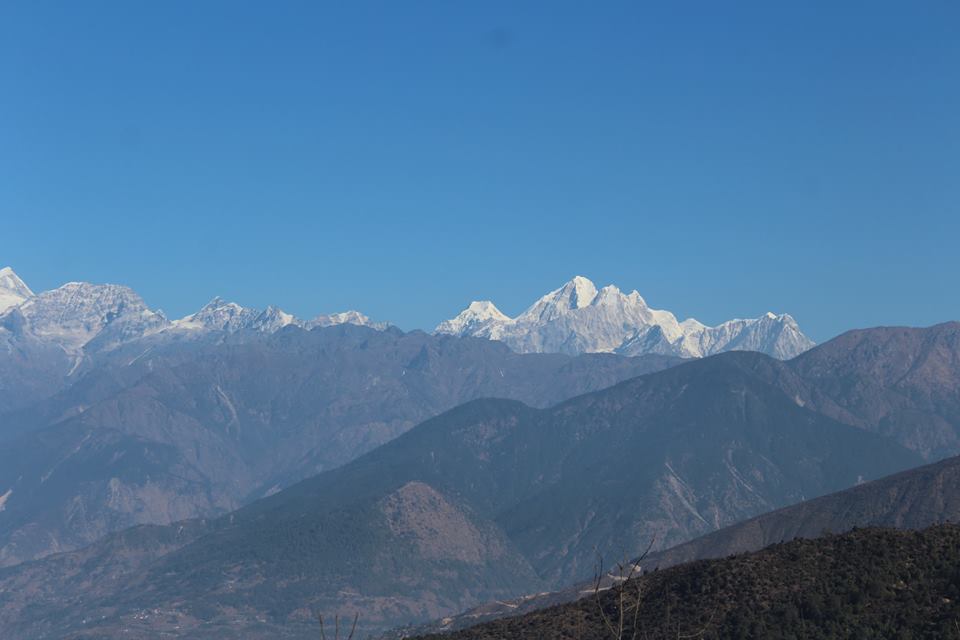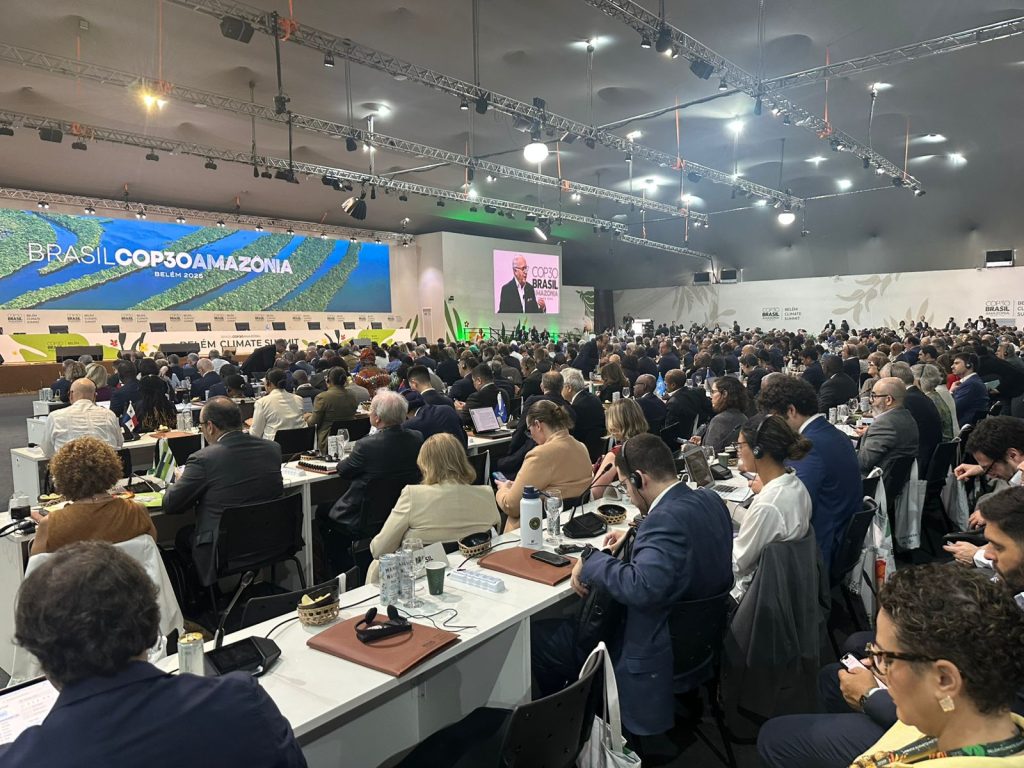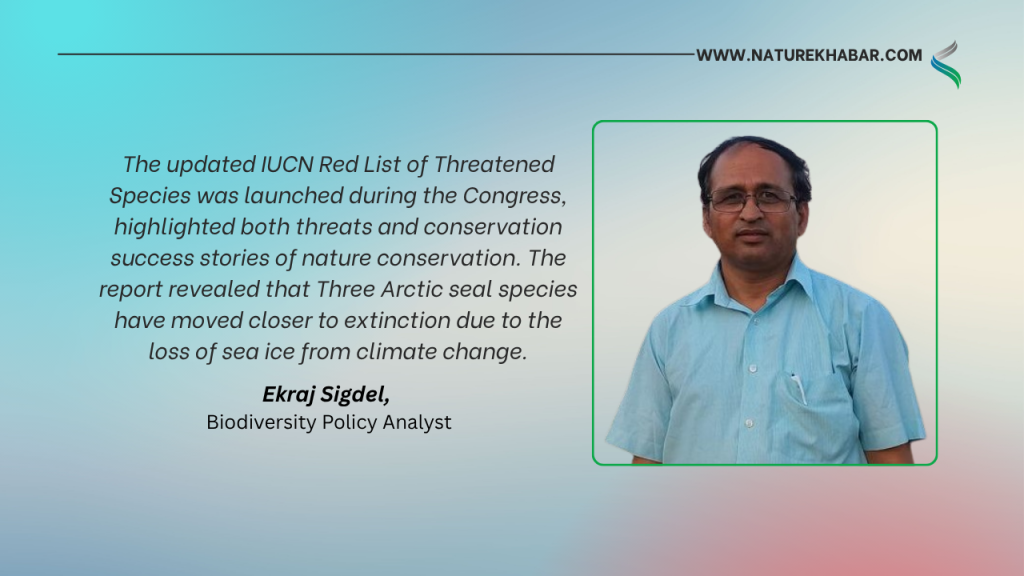Climate Change: An Urgency


I am 22 and I have witnessed a lot of changes within my period. Earth's climate has never changed as rapidly or as extreme as it is now. From overfishing, coral reef destruction, to melting ice glaciers and the chopping down of trees, humans are stripping nature and polluting Earth faster than nature can regenerate. Global temperature has already risen by 1 degree causing more frequent drought and intense floods.
Two-thirds of the warming has occurred since 1975, at a rate of roughly 0.15-0.20°C per decade. A one-degree global change is significant because it takes a vast amount of heat to warm all the oceans, atmosphere, and land by that much. A five-degree drop was enough to bury a large part of North America under a towering mass of ice 20,000 years ago.
Last month the US government produced landmark report on climate change and its impacts and it says, "Earth's climate is now changing at faster rate than at any point in the history of modern civilization. Climate change is already causing injuries, illness and deaths in US." According to Germanwatch report altogether, more than 526 000 people died as a direct result of more than 11,500 extreme weather events; and losses between 1998 and 2017 amounted to around US$ 3.47 trillion (in Purchasing Power Parities).
Of the ten most affected countries and territories (1998–2017), eight were developing countries. Nepal, which is 4th most affected country due to climate change lies in between China and India which rank themselves as 1st and 3rd most carbon emitter in the world respectively.
Marine and coastal biodiversity are the world’s largest source of protein and are under serious threat from pollution. We have to protect these vital systems by reducing marine pollution. Over three billion people depend on it for their livelihoods.
Also, global wildlife populations have fallen over 60% in four decades. 90% of seabirds now have plastic in their stomach and biodiversity is in steep decline. Recent analyses showed that even if the destruction were to end now it would take 5-7 million years for the natural world to recover. We all depend on nature, and we have pushed it to the brink.
The rapid pace of climate change, combined with a population explosion in the last century, habitat loss, chemical and other pollution, is causing ecological imbalances and pushing more and more species towards the brink of extinction. It affects the social and environmental determinants of health i.e. clean air, safe drinking water, sufficient food and secure shelter as well. According to WHO between 2030 and 2050, climate change is expected to cause approximately 250,000 additional deaths per year, from malnutrition, malaria, diarrhea and heat stress.
The direct damage costs to health (i.e. excluding costs in health-determining sectors such as agriculture and water and sanitation), is estimated to be between USD 2-4 billion/year by 2030. And the areas with weak health infrastructure, mostly in developing countries will be the least able to cope without assistance to prepare and respond.
According to WHO globally, the number of reported weather-related natural disasters has more than tripled since the 1960s. Every year, these disasters result in over 60,000 deaths, mainly in developing countries. Floods are also increasing in frequency and intensity, and the frequency and intensity of extreme precipitation is expected to continue to increase throughout the century.
Floods contaminate freshwater supplies, heighten the risk of water-borne diseases, and create breeding grounds for disease-carrying insects such as mosquitoes. They also cause drowning and physical injuries, damage homes and disrupt the supply of medical and health services. Sea levels are rising, glaciers are melting and precipitation patterns are changing. High temperatures also raise the levels of ozone and other pollutants in the air that exacerbate cardiovascular and respiratory disease.
Pollen and other aeroallergen levels are also higher in extreme heat. These can trigger asthma, which affects around 300 million people. Rising temperatures and variable precipitation are likely to decrease the production of staple foods in many of the poorest regions. This will increase the prevalence of malnutrition and under nutrition, which currently cause 3.1 million deaths every year.
Most of the grass root level poor people have no knowledge regarding the severe impact of climate change in the mountain regions. They have encountered disasters all year including flash floods, rising temperatures, windstorms, endemic disease, heat-waves, decreasing area of wetlands, rainfall instead of snowfall in the high mountains and intermittent rainfall. Meantime, heavy rainfall which was unknown in the high altitude desert has become more frequent, causing flash floods, washing away homes and fields, trees and livestock.
Climate refugees are already being created in the villages of Himalaya. The glaciers of the Himalaya are the Third Pole. They feed the giant rivers of Asia, and support half of humanity. According to the IPCC report the total area of glaciers in the Himalaya will shrink from 1930051 square miles to 38,000 square miles by 2035.
Nature is struggling to heal itself and we need to take action. We are facing manmade disaster of global scale and if we don't take action, the collapse of our civilization and extinction of much of natural world is certain. But there is hope. We have 12 years to reduce carbon emissions by 50% to keep global temperature at 1.5°C. We only have one planet to live in and every one of us can help nature to heal.
Reforestation, rehabilitation of degraded land areas, and sustainable community forestry are all examples of how we are fighting deforestation while highlighting the importance of forests in the fight against climate change. Now more than ever, natural climate solutions like these must play a large role in holistic climate action. We can protect and restore nature and the time to act is now.
Koirala is an Youth Environmental Activist

 Prakriti Koirala
Prakriti Koirala



Feedback